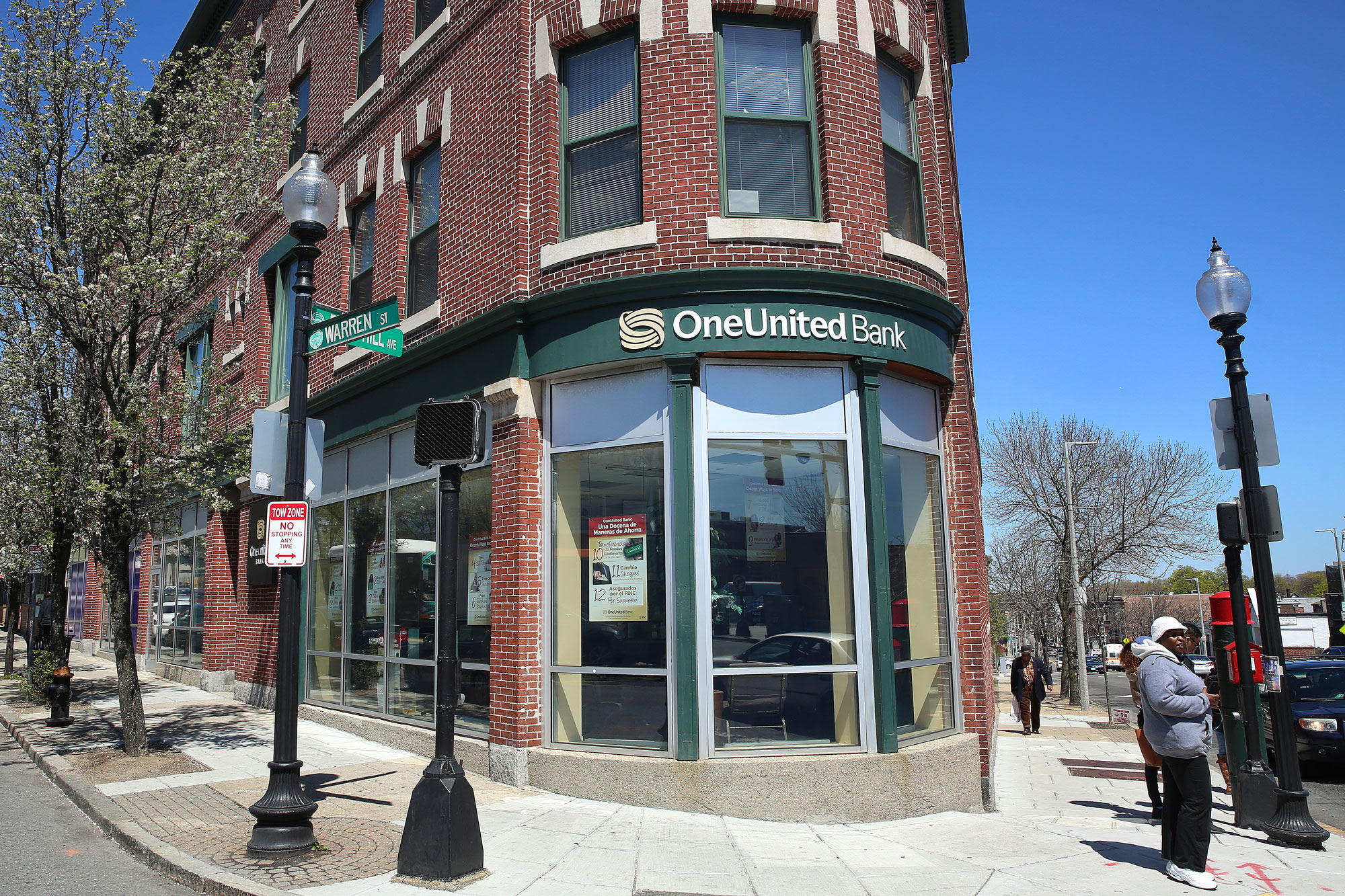Products You May Like
Big banks and corporations like Yelp, Netflix, and Microsoft have announced major investments in Black-owned banks.
Yet Black banks are far from thriving. Americans who identify solely as Black or African American make up 13.4% of the U.S. population today, but less than 1% of all FDIC-insured banks are considered Black-owned.
The number of Black-owned banks has dwindled immensely over the years. Between 1888 and 1934, there were 134 Black-owned banks to help the Black community. Today, there are only 20 Black-owned banks that qualify as Minority Depository Institutions, according to the Federal Deposit Insurance Corporation.
“I think part of it has to do with the broader trend in the banking community,” said Michael Neal, senior research associate at the Urban Institute. “We’re seeing the number of banks overall declining and assets being concentrated, particularly in your larger global and more complex financial institutions.”
Black-owned banks lack the assets needed to compete against major players. For example, one of the biggest Black-owned banks in the U.S., OneUnited Bank, manages over $650 million in assets. By comparison, JPMorgan and Bank of America each manage assets worth well over $2 trillion dollars.
“Whatever the struggles are of the community, the banks have the same struggle because they’re enmeshed in that community,” said Mehrsa Baradaran, professor of Law at the University of California Irvine. “They cannot change it unless the community itself has more wealth and has more access, and we have less discrimination as a society.”
Watch the video to find out more about why Black-owned banks are so important to achieving financial equality and what’s stopping them from thriving.
